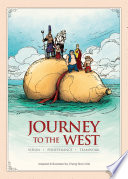Explore a literary treasure trove with our collection of the best 17th century books. Discover timeless classics that shaped the golden age of literature!
The 17th century was an unparalleled time for literary work. The printing press spread throughout Europe, and Eastern hemisphere writers were experimenting with new forms of poetry and storytelling. The world was getting ready for the concept of novels.
For more recommendations, you might also enjoy exploring best historical romance books, authors like Nicholas Sparks, best romance books.
Table of Contents
Open Table of Contents
- Popular 17th Century Books
- 1. Journey to the Westby Wu Cheng’en (China, published in the 16th century)
- 2. The Life of an Amorous Manby Saikaku Ihara (Japan, 1682)
- 3. The Narrow Road to the Deep Northby Matsuo Bashō (Japan, 1694)
- 4. The Replyby Sor Juana Inés de la Cruz (Mexico, 1691)
- 5. Phèdreby Jean Racine (France, 1677)
- 6. The Cidby Pierre Corneille (France, 1636)
- 7. Tartuffeby Molière (France, 1664)
- 8. Penséesby Blaise Pascal (France, 1670)
- 9. Clélieby Madeleine de Scudéry (France, 1654-1660)
- 10. Meditations on First Philosophyby René Descartes (France, 1641)
- 11. Dialogue Concerning the Two Chief World Systemsby Galileo Galilei (Italy, 1632)
- 12. L’Adoneby Giambattista Marino (Italy, 1623)
- 13. Don Quixoteby Miguel de Cervantes (Spain, 1605, 1615)
- 14. Fuenteovejunaby Lope de Vega (Spain, 1619)
- 15. The Swindlerby Francisco de Quevedo (Spain, 1626)
- 16. Dr. Faustusby Christopher Marlowe (Germany, 1604)
- 17. Oroonokoby Aphra Behn (England, 1688)
- 18. Paradise Lostby John Milton (England, 1667)
- 19. Henry VIIIby William Shakespeare (England, 1613)
Popular 17th Century Books
1. Journey to the Westby Wu Cheng’en (China, published in the 16th century)
*[Journey to the West](https://www.amazon.com/dp/B0BR5WMF5R? tag=work089-20)*spans multiple fascinating volumes, so you can break it down into separate reads if you want to give the first volume a try. It follows a famed mythical monk who, nearly a thousand years earlier, made a 16-year journey to India. The story is part religion, part fairy tale, and part history – with plenty of humor, satire, and romance, too! It’s one of the clearest looks English readers have at the Chinese approach to storytelling at that time, and well worth a read for those curious.
“In my opinion those who strive for fame will lose their lives on account of fame; those who live in quest of fortune will perish because of riches; those who have titles sleep embracing a tiger; and those who receive official favors walk with snakes in their sleeves.”
Anthony C. Yu (translator), Journey to the West
2. The Life of an Amorous Manby Saikaku Ihara (Japan, 1682)
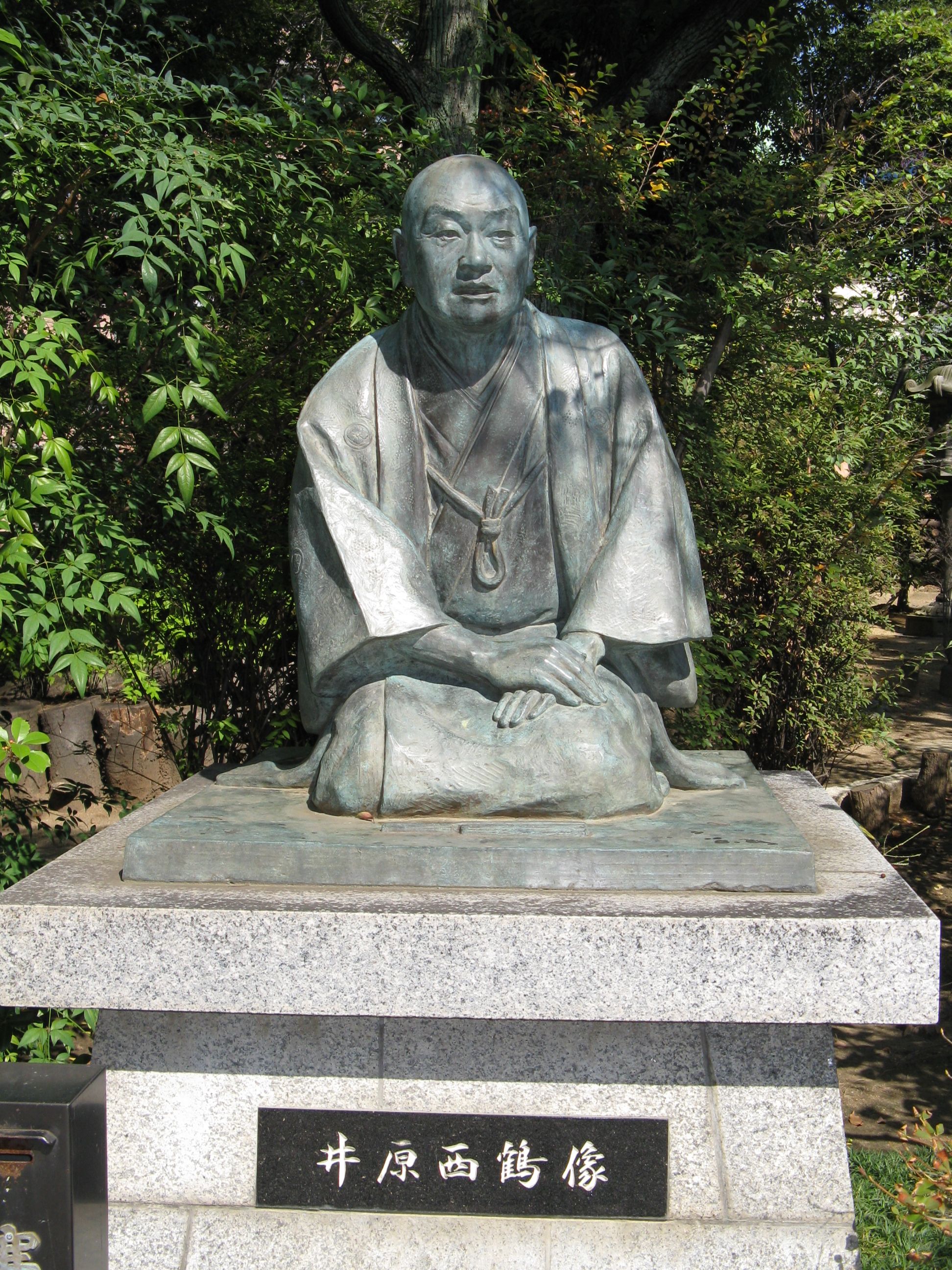 Yonosuke: An Eastern Don Juan exploring sexuality and society.
Yonosuke: An Eastern Don Juan exploring sexuality and society.
This famous book is an eastern equivalent of the European Don Juan, which was also published in the same century. It follows a popular Japanese man called Yonosuke. His many – and often complicated – relationships with women, and quite a few men, provide an enlightening view of Japanese views on sexuality during that era. It’s also an interesting look at how high society, in general, functioned.
“Sansaburo said: “I, too, have felt right along an emotion for you. Now that you have confessed to me, I am very glad. The feeling, I assure you, is mutual. How can I deny your wishes? Wait for the dawn, and your wishes shall be fulfilled. Come to my house in the morning.”
Saikaku Ihara, The Life of an Amorous Man
3. The Narrow Road to the Deep Northby Matsuo Bashō (Japan, 1694)
 The Narrow Road: Basho’s journey through life and haiku poetry.
The Narrow Road: Basho’s journey through life and haiku poetry.
If you like the idea of ancient travelogues, [The Narrow Road](https://www.amazon.com/dp/B084RBN7P2? tag=work089-20) has an interesting twist: Basho, a skilled poet who became a famed Zen master, travels the land to learn more about life, truth, and the great mysteries of reality. It’s also an excellent showcase of the Japanese haibun, linking verse and poetry to tell a story, including some of Japan’s finest haikus.
“Real poetry, is to lead a beautiful life. To live poetry is better than to write it.”
Basho, The Narrow Road to the Deep North
4. The Replyby Sor Juana Inés de la Cruz (Mexico, 1691)
 The Reply: A nun’s powerful feminist critique and defense of women.
The Reply: A nun’s powerful feminist critique and defense of women.
At first glance, a letter written by a Mexican nun may seem like an odd choice for the list. But, The Reply, also known as*The Answer**, among other titles, is famous as a masterful work of feminism by an incredibly brilliant woman. Her letter critiquing religious theory (and plagiarism of her past work) includes a historically powerful defense of women as poets, sages, and intellectuals.
“Who has forbidden women to engage in private and individual studies? Have they not a rational soul as men do?…I have this inclination to study and if it is evil I am not the one who formed me thus - I was born with it and with it I shall die.”
Sor Juana Inés de la Cruz, The Reply
5. Phèdreby Jean Racine (France, 1677)
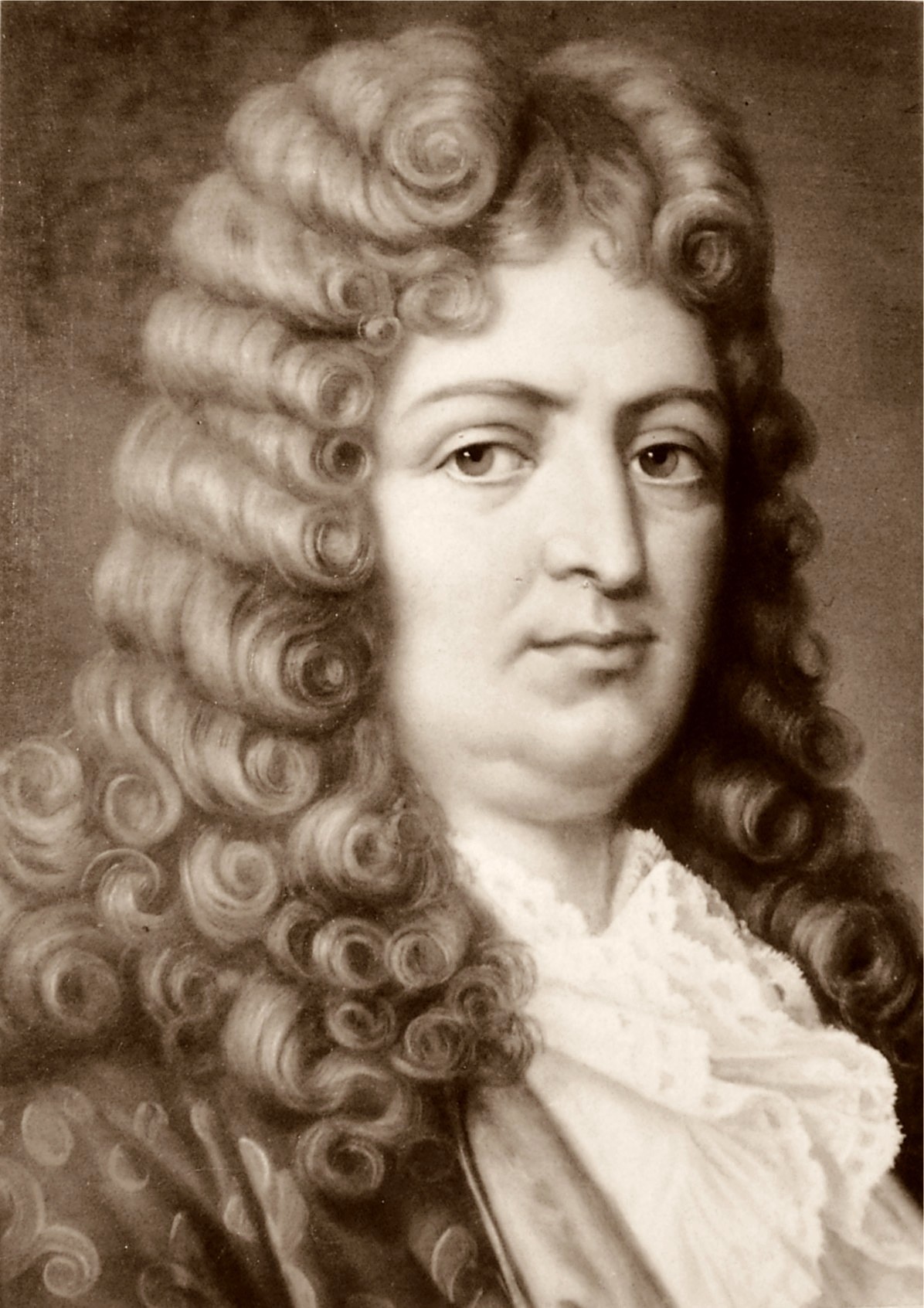 Phèdre: Racine’s powerful retelling of Greek myth and tragic love.
Phèdre: Racine’s powerful retelling of Greek myth and tragic love.
Europe was a hotbed of theater and plays during the 17th century. A particularly unique, powerful example is *Phèdre*by Poet Laureate Racine of France. The story does an incredible job of interpreting a Greek myth for the current age, sketching the tale of Phèdre’s hubris, her forbidden love for her stepson, and the destruction of her family at the hands of the gods.
“It is no longer a passion hidden in my heart: It is Venus herself fastened to her prey.”
Jean Racine, Phèdre
6. The Cidby Pierre Corneille (France, 1636)
 The Cid: Spain’s hero in a groundbreaking tragicomedy.
The Cid: Spain’s hero in a groundbreaking tragicomedy.
The Cid follows the life and death of one of Spain’s most popular folk heroes and warriors, Rodrigo Díaz de Vivar. It’s considered one of the first and greatest examples of tragicomedy, something entirely unexpected in French theaters at the time – and caused quite a controversy.
“Men may reduce me to live without happiness, but they cannot compel me to live without honor.”
Pierre Corneille, The Cid
7. Tartuffeby Molière (France, 1664)
 Tartuffe: Scandalous satire exposing religious hypocrisy and deceit.
Tartuffe: Scandalous satire exposing religious hypocrisy and deceit.
[Tartuffe’s](https://www.amazon.com/dp/0156881802? tag=work089-20) blistering satire and wordplay may be famous today, but the tale was so scandalous at the time that it was banned for years. The play follows a con man who fools a wealthy family with his religious pretension and fake piety, something the church of the day did not care for. This is a classic novel that still resonates with modern readers.
“It’s a veritable Tower of Babylon, The way you people babble on.”
Molière, Tartuffe
8. Penséesby Blaise Pascal (France, 1670)
Pensées: A profound critique of humanity’s flaws and moral need.
Pensées is famous for clearly laying out an argument for humanity’s often despicable condition and need for improvement. It laid the groundwork for many moral arguments in later centuries, using careful logic and observation of humanity to make clear points. Readers may also find it darkly sardonic, with many quotable lines that are applicable today.
“All of humanity’s problems stem from man’s inability to sit quietly in a room alone.”
Blaise Pascal, Pensées
9. Clélieby Madeleine de Scudéry (France, 1654-1660)
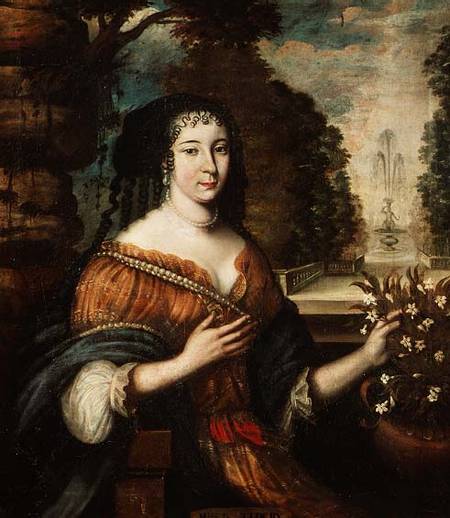 Clélie: A pioneering romance exploring love and societal critique.
Clélie: A pioneering romance exploring love and societal critique.
You don’t have to read all of Clélie, which is essentially a romantic fiction series - one of the first of its kind - but picking up a volume or two is well worth your time. It’s a daring tale of a Roman beauty and her quest for love that also raised questions about modern-day France – and the ire of male novelists as it became one of the most popular fiction works of the time.
“The only rose without thorns is friendship.”
Madeleine de Scudéry, Clélie
10. Meditations on First Philosophyby René Descartes (France, 1641)
 Meditations on First Philosophy: Descartes’ profound argument on consciousness and existence.
Meditations on First Philosophy: Descartes’ profound argument on consciousness and existence.
Possibly Descartes’ greatest work, Meditations, offers a philosophical argument for human consciousness, the existence of the soul, and the existence of God. It attempts to argue based on completely empirical grounds of what the philosopher can directly observe and consider, forming a foundation for Western philosophy that would last for centuries.
“It is only prudent never to place complete confidence in that by which we have even once been deceived.”
René Descartes, Meditations on First Philosophy
11. Dialogue Concerning the Two Chief World Systemsby Galileo Galilei (Italy, 1632)
 Dialogue: Galileo’s revolutionary, heretical claim about the solar system.
Dialogue: Galileo’s revolutionary, heretical claim about the solar system.
While the reasons for Galileo’s house arrest are complicated, a major factor was his [Dialogue](https://www.amazon.com/dp/0872201929? tag=work089-20), where he infamously claimed that the earth revolved around the sun, something the Inquisition found to be the greatest heresy. Of course, this forbidden book of science was eventually proven highly accurate, a massive leap forward for medieval times.
“There is not a single effect in Nature, not even the least that exists, such that the most ingenious theorists can ever arrive at a complete understanding of it. This vain presumption of understanding everything can have no other basis than never understanding anything.”
Galileo Galilei, Dialogue Concerning the Two Chief World Systems
12. L’Adoneby Giambattista Marino (Italy, 1623)
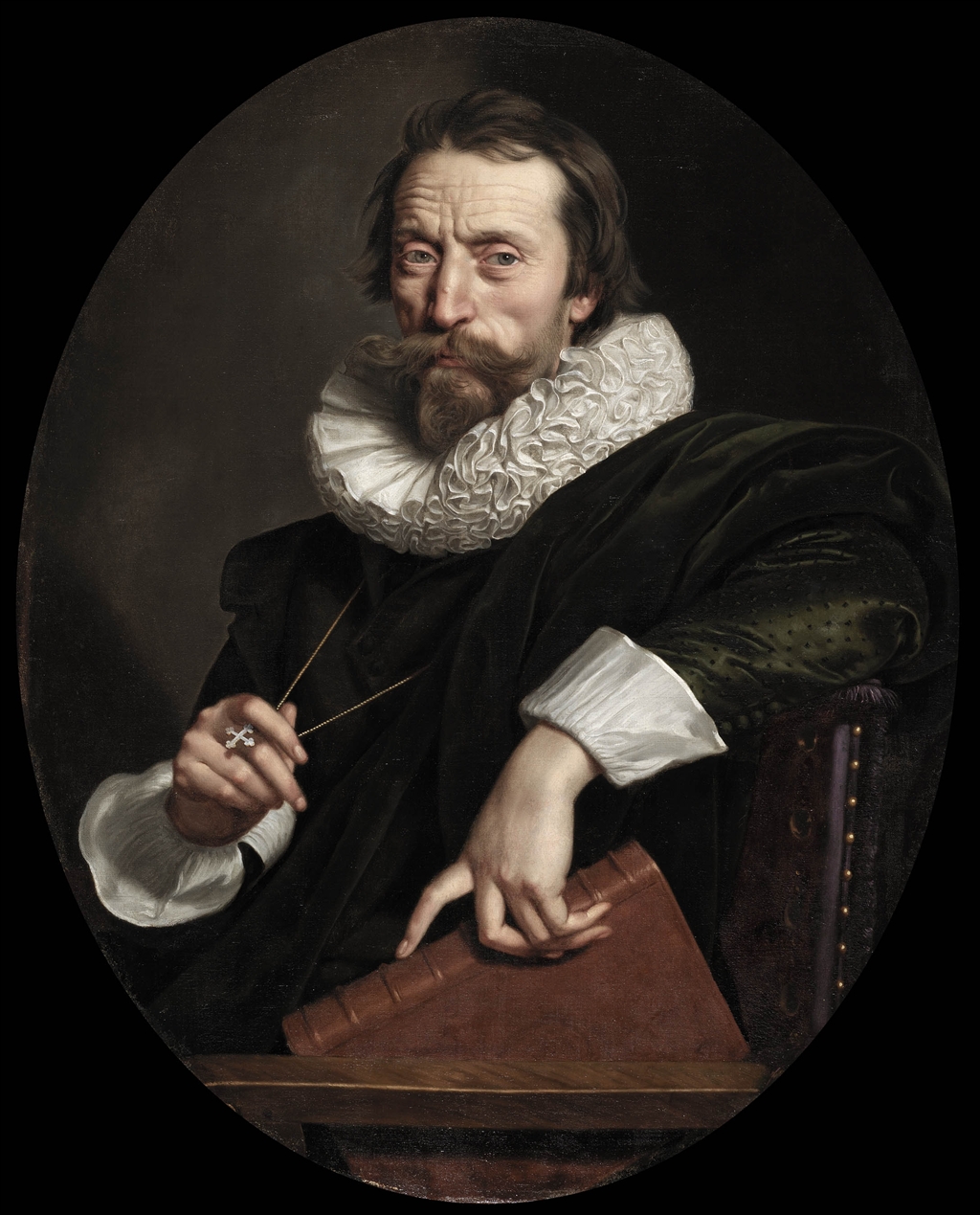 L’Adone: Italy’s longest poem, controversial for its disconnected madrigals.
L’Adone: Italy’s longest poem, controversial for its disconnected madrigals.
L’Adone is famous for being the longest poem in Italian ever written, but critics immediately declared it didn’t count. Why? Because while it was technically all one opera, it was more a collection of shorter, convoluted madrigals with little interconnection, making it impossible to perform live. That makes it easier for readers to sample part of the work to see why it was controversial – and how it inspired operas for years to come.
“Non esser alga in mar lieve e tremante che pieghi or quinci or quindi il tuo volere. Stabile ai venti, al’onde, in te raccogli la fermezza de’ tronchi e degli scogli.”
Giambattista Marino, L’Adone
13. Don Quixoteby Miguel de Cervantes (Spain, 1605, 1615)
 Quixote: A tragicomic critique of delusions, madness, and the lost past.
Quixote: A tragicomic critique of delusions, madness, and the lost past.
While [Quixote](https://www.amazon.com/dp/0142437239? tag=work089-20) has become a household name for his feats like jousting at windmills, the novel itself is much more: A critique and mourning of the lost past, a treatise on the advantages of madness, a tragicomic look at how influential people are free to indulge their delusions – and that’s just the beginning. The length makes it a challenging read, so book clubs may want to settle for key excerpts…advice that works well for many of the picks on this particular list.
“Take my advice and live for a long, long time. Because the maddest thing a man can do in this life is to let himself die.”
Miguel de Cervantes, Don Quixote
14. Fuenteovejunaby Lope de Vega (Spain, 1619)
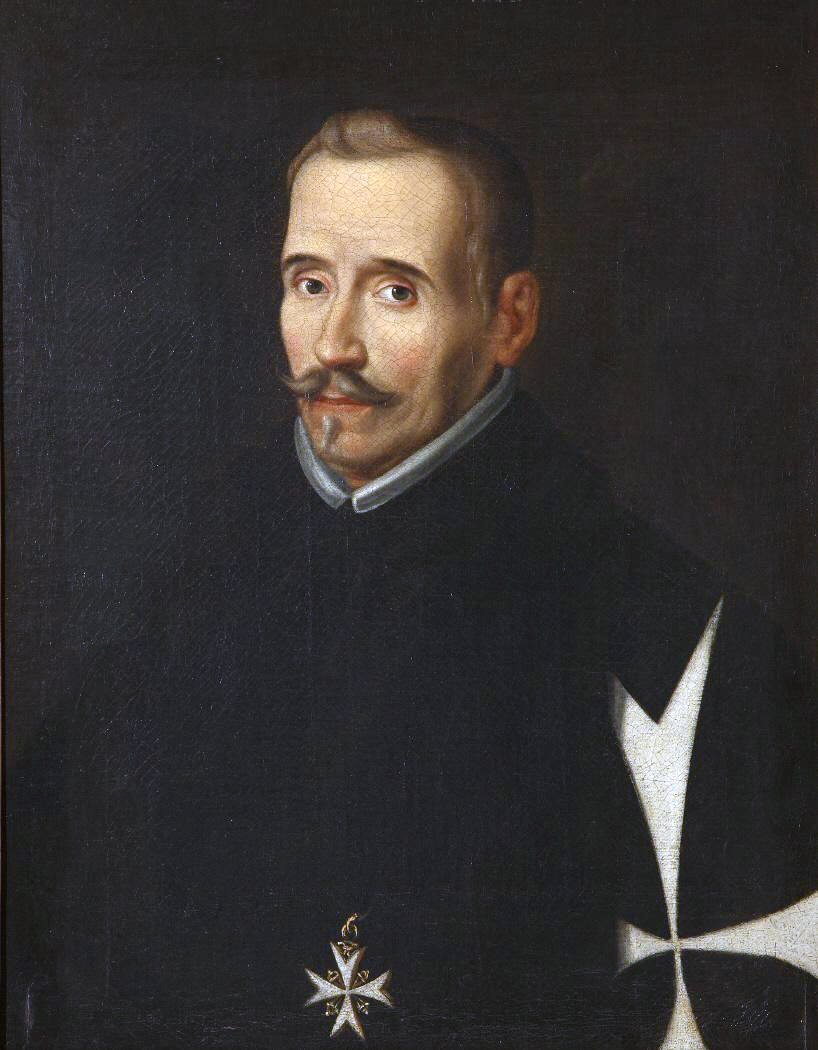 Fuenteovejuna: Vega’s powerful play of a village’s brave uprising.
Fuenteovejuna: Vega’s powerful play of a village’s brave uprising.
One of Spain’s most prolific playwrights, some of Vega’s best work is seen in Fuenteovejuna, a play covering the rise of a brave village against a cruel garrison: Those who know Spartacus may find some parts familiar. You rarely see this powerful work in theaters outside of Spain, but it’s worth reading for those curious.
“He’ll win few friends playing that game. / When you treat a man with respect / You build a bridge into his heart / When you treat a man with contempt / You make an enemy for life.”
Lope de Vega, Fuenteovejuna
15. The Swindlerby Francisco de Quevedo (Spain, 1626)
 The Swindler: A colorful picaresque tale of Spain’s underworld.
The Swindler: A colorful picaresque tale of Spain’s underworld.
[The Swindler](https://www.amazon.com/dp/8491050183? tag=work089-20) is one of the most famous examples of the picaresque movement in Spain, showcasing a riotous and colorful underworld that has you rooting for those who play outside of the rules – even if they are ultimately doomed by their inclinations and the circumstances of their birth. The Swindler may not have a happy ending, and some lessons are questionable today. Still, it remains a fascinating, enjoyable read, especially with an analysis of this era of Spanish history.
“Dear Reader, may God protect you from bad books, police and nagging, moon-faced, fair-haired women.”
Francisco de Quevedo, The Swindler
16. Dr. Faustusby Christopher Marlowe (Germany, 1604)
 Dr. Faustus: A tale of arrogance and the pursuit of dark knowledge.
Dr. Faustus: A tale of arrogance and the pursuit of dark knowledge.
Many versions of the Faust tale have been told over the years, and examining them is an excellent way to see how society and literature have changed over time. One of the most famous is the play Dr. Faustus: Here, Faust deals with the devil Mephistopheles not for love but out of arrogance and pursuit of power, believing he is worthy of dark knowledge: The beautiful prose soon shows how wrong he is to try it.
“I am Envy, begotten of a chimney-sweeper and an oyster-wife. I cannot read, and therefore wish all books were burnt; I am lean with seeing others eat.”
Christopher Marlowe, Dr. Faustus
17. Oroonokoby Aphra Behn (England, 1688)
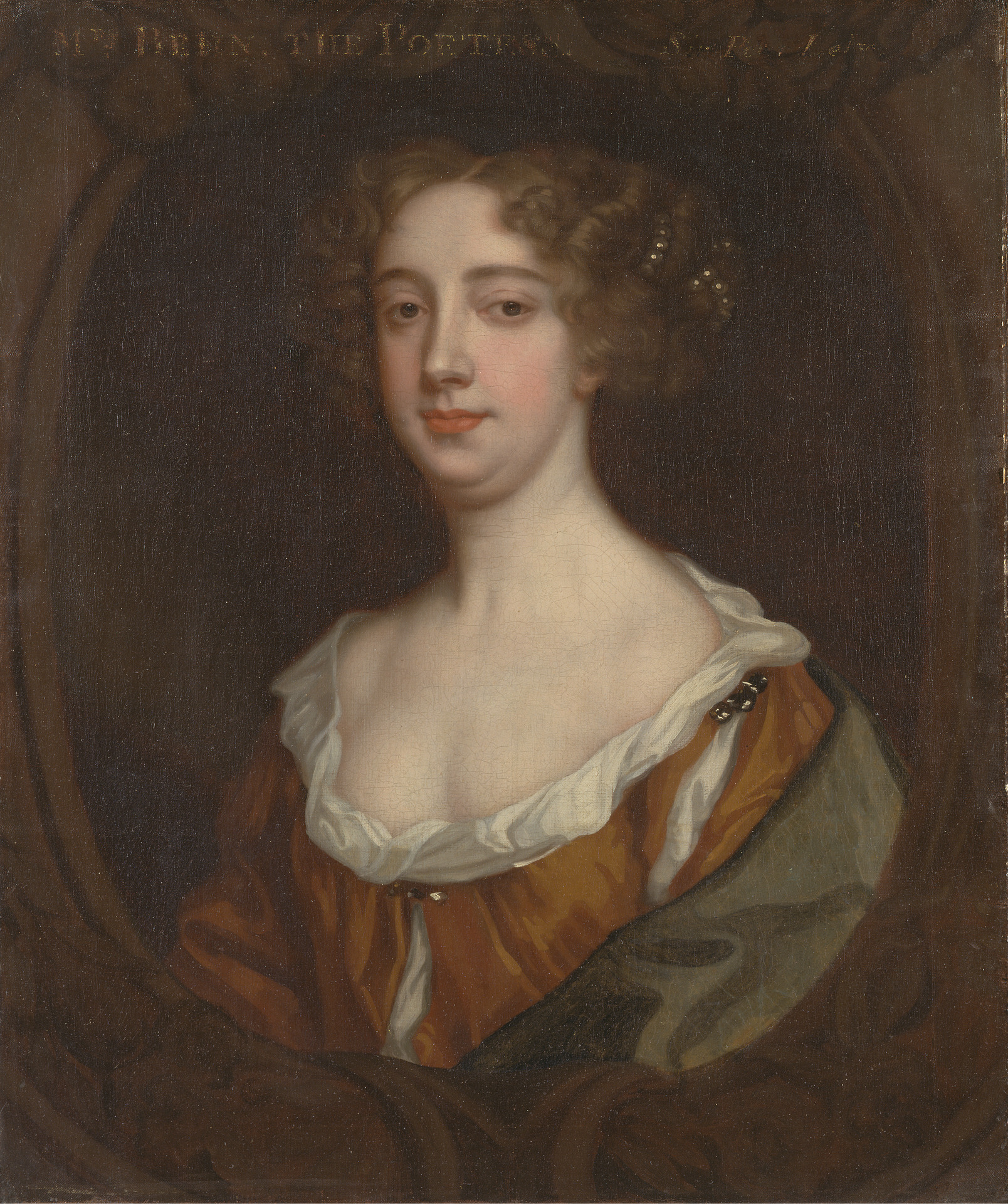 Oroonoko: The tragic tale of an African prince and early critique of colonization.
Oroonoko: The tragic tale of an African prince and early critique of colonization.
Oroonoko is a particularly interesting little novel that is an easy read with a powerful history. It claims to be the true tale of an African prince and his adventures. The titular prince falls in love, is enslaved, and fights for his freedom before ending in tragedy. It’s one of the first critiques of British colonization and slavery that was widely published and noted for its honesty regarding how Africans were being treated at the time.
_“This old dead hero had one only daughter left of his race; a beauty that, to describe her truly, one need say only, she was female to the noble male; the beautiful black Venus to our young Mars.” _
Aphra Behn, Oroonoko
18. Paradise Lostby John Milton (England, 1667)
 Paradise: The fall of Lucifer and the spellbinding tale of Eden.
Paradise: The fall of Lucifer and the spellbinding tale of Eden.
Paradise is famous both in and out of literary education as a perfect example of verse and a famous telling of the fall of Lucifer, although readers will soon find there’s much more to the tale. The beautiful descriptions of everything from the council of fallen angels in hell to the newly-created garden of Eden are spellbinding for any reader. Those with limited time should focus on the first few sections covering the most well-known parts of the work.
“A mind not to be changed by place or time. / The mind is its own place, and in itself / Can make a heav’n of hell, a hell of heav’n.”
John Milton, Paradise Lost
19. Henry VIIIby William Shakespeare (England, 1613)
 Henry VIII: Shakespeare’s take on history with political and romantic intrigue.
Henry VIII: Shakespeare’s take on history with political and romantic intrigue.
How do you pick just one of Shakespeare’s plays to read? Everyone has their favorite. But for this particular list, Henry VIII is one of the best choices.
It shows both how Shakespeare approaches the history of his own country and its romanticization, with plenty of political and passionate intrigue at work. Plus, it has what are arguably some of Shakespeare’s best lines from his plays.
“Love thyself last: cherish those hearts that hate thee; Corruption wins not more than honesty.”
William Shakespeare, Henry VIII



